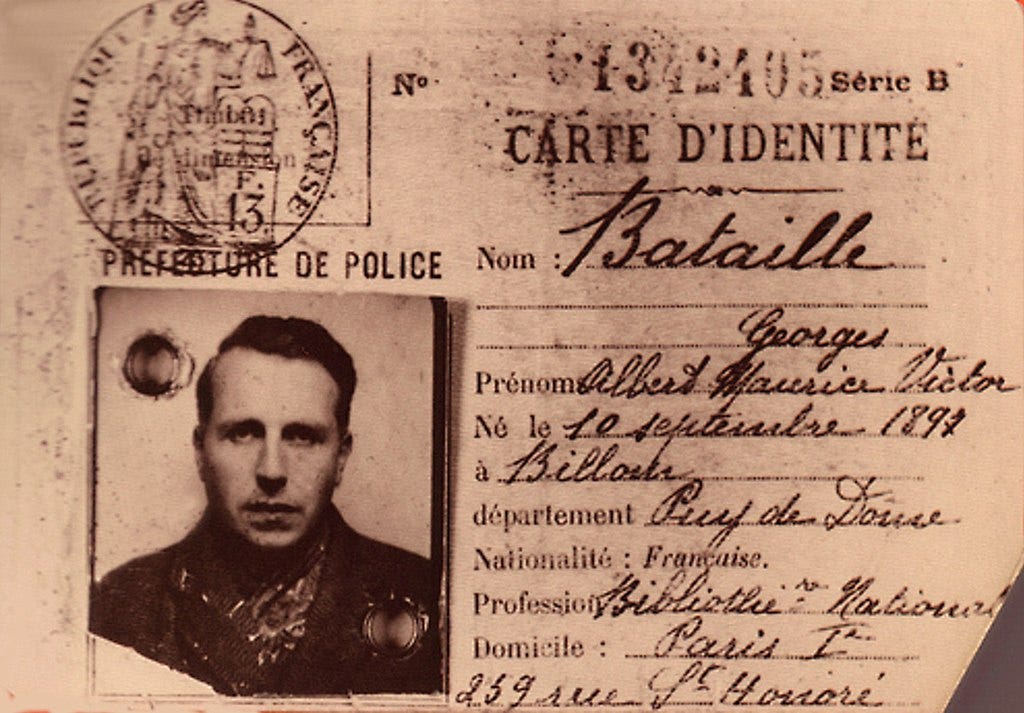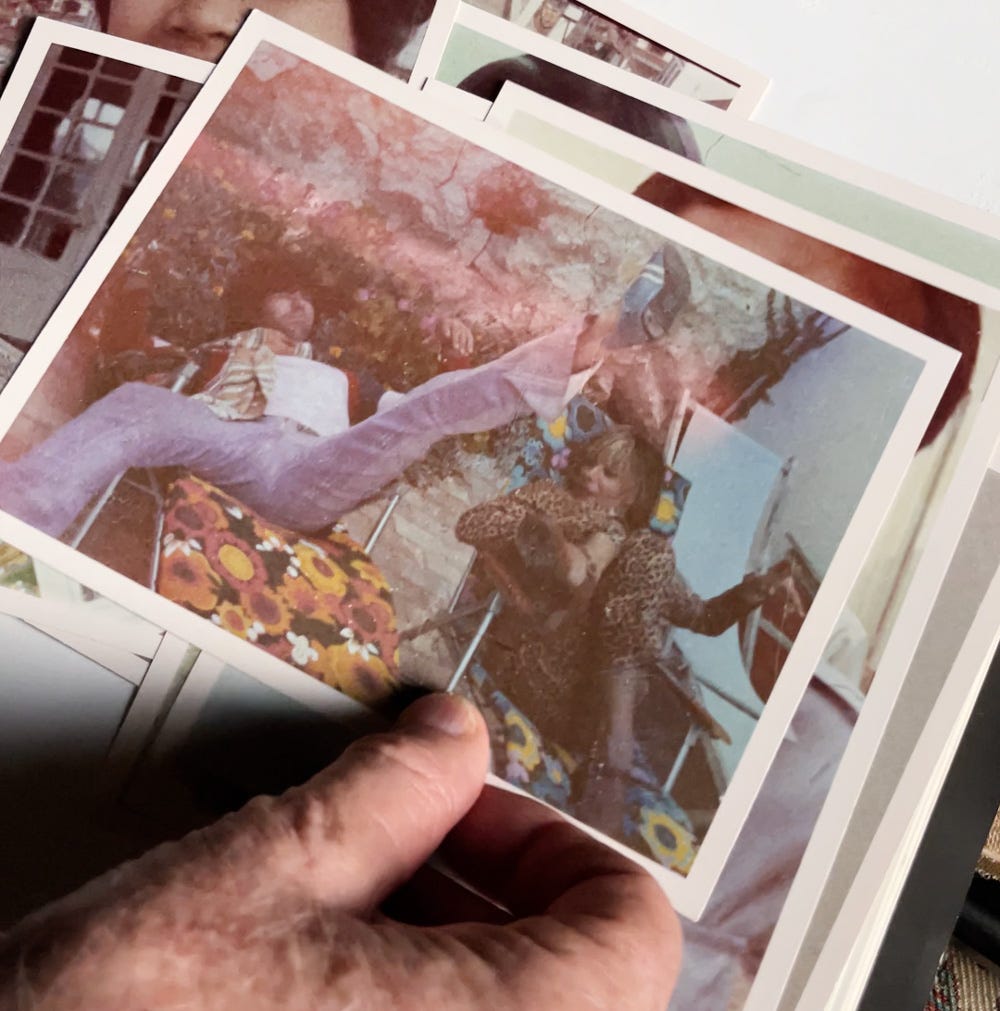Welcome to Tannhäuser
An Intro to My Novel Tannhauser
In the late 1960's, my mother found an elegant way to financially help Georges Bataille's widow by renting the writer’s Parisian studio, which she seldom, if ever used.
As a result, it became my own pied à terre in the city, where I could fully indulge in my hedonistic lifestyle. It was brimming with so many delectable lovers that Germaine, the inebriated Concierge (who affectionately referred to me as her little devil), would spontaneously intercept unexpected female callers if she knew me to be otherwise engaged with someone else. She would then blatantly lie on my behalf, obstructing their further progress by declaring that I was out.
Georges Bataille’s rich library contained not only his manuscripts and documents but many rare volumes of Erotica. Among the latter was a precious draft by Aubrey Beardsley, “Under the Hill," an unfinished yet quite wonderful twist on the legend of Tannhäuser, which many other authors had taken up over the centuries.
Having read it with utter delight, I discussed it at length with my younger brother Thadée, who was compiling Bataille’s papers, as he was the editor of the Oeuvres Complètes, which Gallimard was about to publish.
Our conversations centered initially around the idea of a film adaptation of the material but soon turned to the question of who Tannhäuser would be in modern times. The answer was immediately obvious to us. Tannhäuser would be a contemporary rock ‘n’ roll superstar.
We developed the concept of a transgressive and controversial superstar whose remarkable success stemmed from his purposeful use of shocking material, reflecting his deep disdain for modern conventions and a provocative public persona that challenged society's bourgeois ideas about love and monogamy.
Completed in late 1970, the script kicked off at a massive concert in Paris, immediately introducing a note of the supernatural through an extraordinary summons from Venus, the Goddess of Love. The singer interprets it as a sophisticated erotic summons to which he is so eager to respond.
The character of the Goddess is indeed so beyond human comprehension, and her beguiling ways are so fatally seductive that they are no match for a mere mortal, regardless of his alleged sophistication.
Tannhäuser's sexual encounter with the merciless Beauty has an inevitable consequence: his total subjugation to her whims, the abdication of his will to her own, his obsession with her, coupled with a desperate need for her constant attention, which she cruelly derides.
The tables are completely turned on one who, in his life and art, has made a mockery of love. In the unlikely event that Tannhäuser manages to save himself, the Goddess will toy with him for as long as she pleases, then send him to join his many predecessors toiling in the fields of eternal longing.
In short, those were the premises of the printed script, which Keith Richards and Anita Pallenberg read at Villa Nellcote during the summer of 1971, while the Rolling Stones were in the lengthy process of recording Exile on Main Street.
I benefited greatly from their pithy remarks and observations when, at the end of that year, I decided to further expand the whole theme into a novel.
Over several decades, I worked on and off, occasionally updating the material, until I recently realized that the times and circumstances in the music business were, for better or worse, so altered that it became counterproductive to even attempt to do so.
Everything that was once current is now considered completely unacceptable in the deplorable neo-puritanical climate we live in. Therefore, I must warn my potential readers that the work is a transgressive period piece, so should you happen to subscribe to the odious view that artistic endeavors should be sanitized to avoid giving potential offense, I would advise you not to read it at all.
Parts of Tannhäuser are released bimonthly only on a paid Substack subscription.





